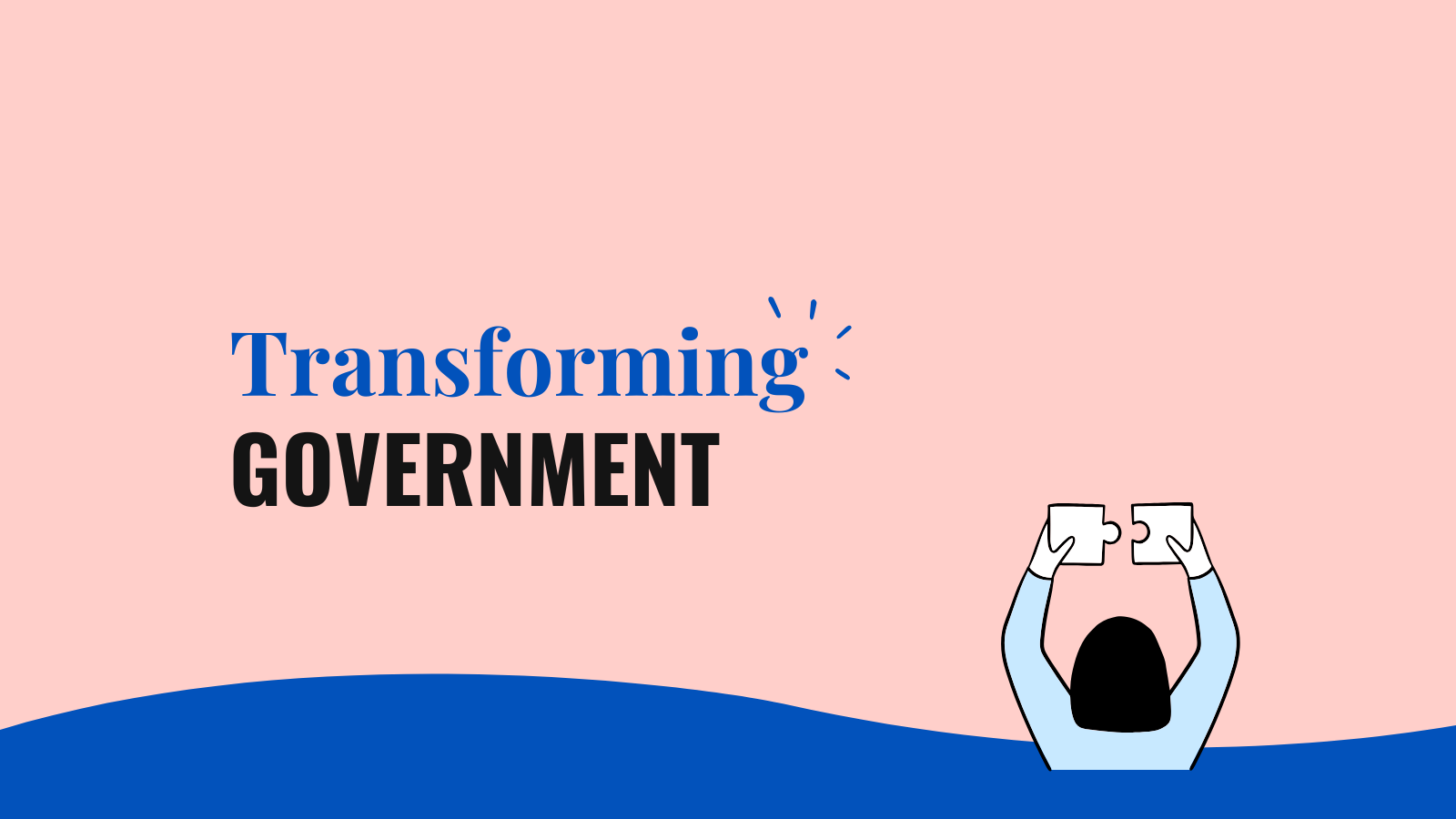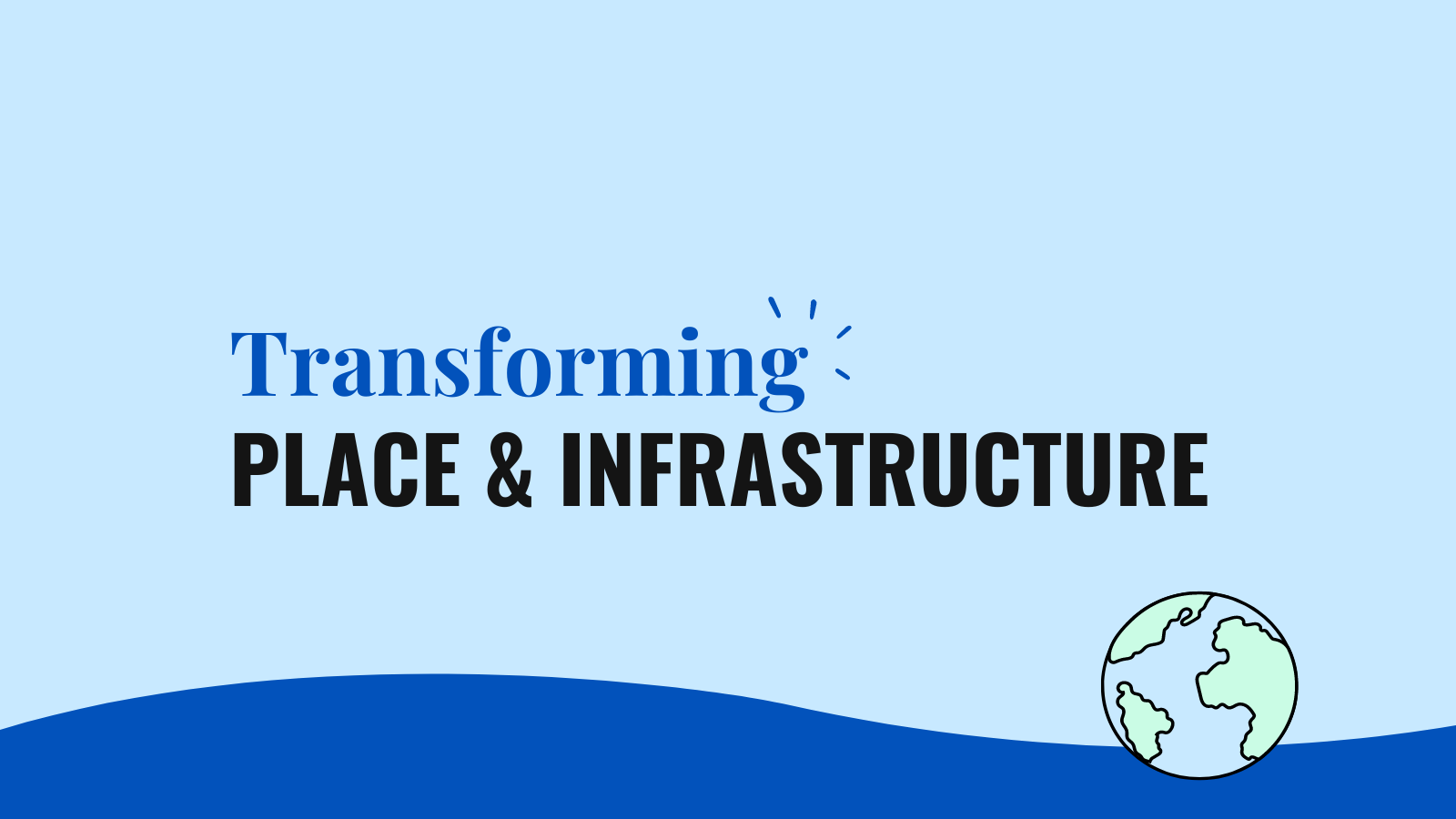Growing NHS waiting lists, struggling public services, an ongoing housing crisis. It is within this context that Chancellor Rachel Reeves set out the government’s spending priorities in the Autumn Budget.
The announcement marked a significant change in approach to public spending. More money will be made available to critical sectors such as healthcare, local government, housing, and technology, all with the goal of driving improvements in productivity and service delivery across Britain.
Our team have sat down and gone through the documents with a fine-tooth comb. In this blog, a few share their thoughts on how the government can ensure the budget has a meaningful impact on people, places and the planet.
James Reeve, Chief Client Officer
"The government’s decision to boost departmental spending is a strong endorsement of the civil service and wider public sector to deliver the change. However, while this new funding supports specific programmes, most departments will still operate on flat cash rollovers, relying heavily on internal efficiencies to bridge the gap. This sets the stage for fierce competition between departments for the best teams, suppliers and funding, which could strain services and lead to project delays if not managed carefully.
For this strategy to succeed, departments will need to overcome legacy system limitations, bolster skilled staff, and streamline procurement processes. Swift action is needed to ensure new funding is effectively deployed, but without significant reform in grant and procurement processes, there’s a risk that some funds might not be used as intended. The government will need to take bold actions that prioritise outcomes and manage commercial risks proactively."
Holly Hall Hare-Scott, Senior Partner - Health
"The commitment to increase DHSC funding by £22.6 billion, along with an additional £3.1 billion for infrastructure, are much-needed responses to mounting NHS pressures. The £2 billion allocated for technology and digital transformation could be especially transformative if used effectively. By this, I mean simply adding new solutions without a strategic framework risks these tools being underused and limiting any potential productivity gains.
What’s essential now is for the NHS to invest in building digital skills and operational expertise among staff, ensuring that this technological shift translates to real-world improvements. This funding offers a chance to empower healthcare workers and promote a preventive, data-driven approach. As we await the 10-year review next year, there’s hope these initiatives will lead to a smarter, more responsive health service, ultimately making a real difference in patient care and accessibility."
Paul Frainer, Senior Partner - Place, Infrastructure and Local Government
“The budget brings some good news for local government, especially the plans for reorganisation. For this to work well, it’s essential to take a strong design and data-driven approach to improve collaboration across public services such as linking up social care with NHS services to reduce demand and deliver more joined-up care. The new National Data Library could make a real difference here by allowing better data sharing across areas like social care, net zero, energy, housing, transport, and the environment, helping councils develop long-term, integrated solutions.
“While multi-year settlements and simpler funding processes will help councils spend more time on public services and less on admin, the government must make sure funding reaches the front line quickly and is easy to access. The £50 million investment in planning reform is also promising, but for real impact, we should be accelerating the use of digital tools, automation and data to improve productivity in planning departments, speed up plan-making and decisions and free up officers from manual administrative burdens. With the right support, local authorities could make significant progress in tackling housing shortages, building skills and capacity and improving community services.”
Ed Atkins - Senior Partner
“This is a budget that I imagine many both within and outside of government will have been waiting for for some time! There’s a strong focus on technology, with much of the immediate funding going to Health and Education for critical needs like medical equipment and teachers. With the IFS suggesting taxes may need to rise in the future, improving productivity through technology will be crucial for the public sector to prepare for long-term efficiencies.
“Harnessing digital will be essential to ensuring the budget makes the right impact. By digitising legacy systems and automating back-office processes with new, improved solutions, we can greatly improve public sector efficiency and the government needs to make sure it works with the right partners to make this a reality.”

Transforming Government
We partner with the institutions of Government to help them work better. Our approach delivers digital transformation in government that is user-centred, data-led and cost-effective.
Work with us
Transforming healthcare
Discover how we accelerate digital transformation in the NHS, delivering innovative, user-centred solutions that improve patient outcomes and streamline services.
Work with us
Transforming place and infrastructure
We’re passionate about improving communities by partnering with public bodies to transform the built, natural and economic environment.
Work with usOur recent insights
Transformation is for everyone. We love sharing our thoughts, approaches, learning and research all gained from the work we do.

Budget 2025 reveals how digital funding really works
Background: The Budget was announced yesterday, it’s not announcing big new programmes of work - it’s fine tuning how the government's fiscal policy supports existing policy objectives. There’s takeaways for all digital leaders from this announcement and some thoughts about that to do next.
Read more
Unlocking the benefits of AI for charities
How human-AI collaboration can help charities get true value from their data, turning insights into impact.
Read more
What's the future for open data in the UK?
A decade ago, the UK was a leader in open data, but its prominence has faded. We examine why the focus has shifted and what the future holds for the role of open data in the public sector.
Read more




